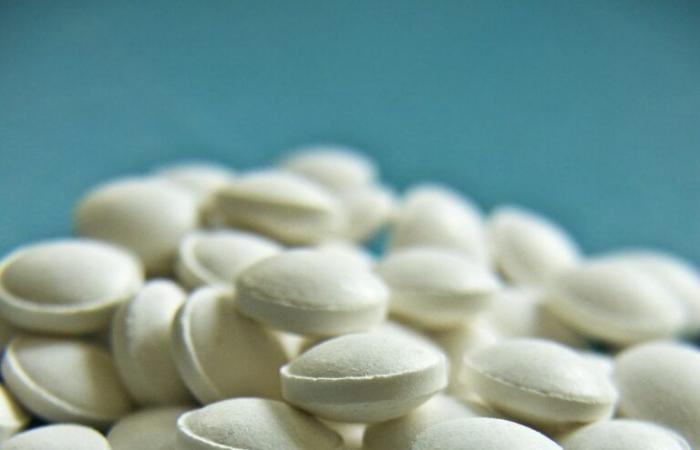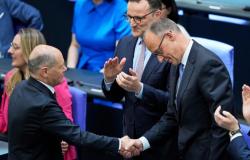Doliprane under American control: Sanofi pockets 10 billion, France loses a piece of its sovereignty. A French industrial symbol goes under the American pavilion
Sanofi formalized this Wednesday the sale of Opella, its historic Doliprane sector, at the American investment fund Clayton, Dubilier & Rice (CD & R). A transaction at 10 billion euros which relaunches the debate on the erosion of French industrial and pharmaceutical sovereignty.
Will France lack Doliprane drugs one day? This is the question that the French arises. The government lets sell a current medication in the USA, when France should have a sovereign background, if you sell part of this company we buy the actions.
One wonders if Sanofi is a French company, patriot or a company that seeks to make money.
Although Sanofi retains 48.2 % of Opella’s shares, the transfer of the majority of the capital to an actor across the Atlantic arouses questions about the future of local production and the strategic autonomy of France in matters of health.
“Nothing changes”? Sanofi’s insurance in the face of concerns
When the sale was announced, Julie Van Ongevalle, CEO of Opella, wanted to reassure:
“This change of shareholding does not change anything: Doliprane will remain made in France for the French. »»
On the Sanofi side, Frédéric Oudéa, chairman of the board of directors, justifies the operation by a financial logic:
“This sale allows us to generate 10 billion euros, half of which will be reinvested in share buybacks and the other in artificial intelligence. »»
However, timing questions:
-
Increased dependence foreign capital for essential drugs.
-
Risk of relocation In the medium term, under pressure of shareholders.
-
Contested strategy of a pharmaceutical giant already criticized for its delay in the COVVID vaccine.
Today, the French government is not doing its job. He should have used the French cultural exception clause to prohibit sales or a French sovereign background bought the company.
A sale that divides: satisfied shareholders, angry unions
The announcement, revealed in October 2024, had provoked a wave of protests, unions and politicians denouncing a “braderie of the French heritage”. Despite the reassuring speeches, the doubts persist:
-
75.36 % of shareholders approved the remuneration of the CEO Paul Hudson, up 14.3 % (1.6 million euros).
-
No binding clause does not guarantee the maintenance of production in France in the long term.
What drugs are concerned?
Besides Doliprane (Paracétamol), opella
France thus loses exclusive control over several consumer brands, however considered criticism.
Pharmaceutical sovereignty: a weakened national issue
This operation is part of a broader trend:
-
Relocation massive in the pharmaceutical sector.
-
Privatisation growing industrial flagships by foreign funds.
-
Geopolitical risks in the event of a supply crisis.
While Europe is trying to relocate its strategic production, France gives up a section of its medical autonomy … at the very moment when Sanofi combines with Pfizer to condition COVID vaccines.
And now ?
The commitments to maintain jobs and sites will be scrutinized. But a question remains:
How far will the commodification of French health go on behalf of financial profits?








